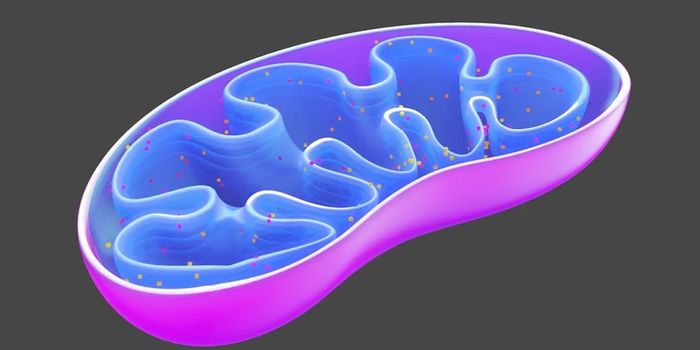Engineered Antibody Prevents Hay Fever
Millions of people experience allergies annually, with about 40% of the global population having at least one allergic condition. Seasonal allergies are the most common affecting both adults and children. Food allergies are another common illness that are beginning to steadily increase. Unfortunately, the prevalence of allergies in general is on the rise, particularly in the United States. Common symptoms of allergies include itchiness, watery eyes, skin rashes, sneezing, and runny or stuffy nose. More severe symptoms involve swelling, difficulty swallowing or breathing, vomiting, diarrhea, and anaphylaxis. Unfortunately, there is cure for allergies, but there are medications to mitigate symptoms and control fatal allergic reactions.
Hay fever, also known as “allergic rhinitis”, is an allergic reaction to pollen with common symptoms such as sneezing, itchy eyes, and runny nose. Reaction to pollen usually occurs in the Spring and can continue through the Fall. Patients may even experience throughout the whole year due to indoor allergens and pets. Antihistamines, nasal sprays, and eye drops can all help manage symptoms of hay fever with allergy shots and stronger medications to control severe cases. Scientists are still working to learn more about allergic reactions and how to further mitigate their severity and/or avoid allergies altogether.
A recent article in Frontiers of Immunology, by Dr. Kaissar Tabynov and others, have engineered antibodies to recognize and attack a specific pollen, known as mugwort pollen. Mugwort is a common pollen allergy throughout the world. Specifically, scientists have developed a monoclonal antibody designed to target this specific pollen that induces hay fever. This is the first time an engineered therapy like this has been applied to the nasal canal and shown to protect against hay fever symptoms in the upper and lower airways. Tabynov is Professor and Director of the International Center for Vaccinology at the Kazakh National Agrarian University in Kazakhstan. His research focuses on viral infections and therapies for allergic reactions.
The antibody is administered in the nasal canal, which takes an affect instantly and neutralizes the antibody upon entry. This therapy prevents other antibodies from overreacting and causing an allergic reaction. Researchers used mice to test their new therapy in which they were initially injected with mugwort pollen to naturally produce antibodies. The antibodies were then isolated from the mice and lab-grown with other cells. The co-culture of the cells and antibodies generated different groups of cells that developed more antibodies against mugwort pollen. The purified antibodies were then administered to the interior portion of the nose. The mice were then exposed to conditions that would cause hay fever. The mice with the generated antibodies had significantly lower hay fever symptoms then the mice who did not receive the new treatment. Mice rubbed their noses less, had reduced irritation in the airways, maintained full lung capacity, and had less molecules present that are associated with an allergic reaction.
Researchers concluded that the generated antibodies help block allergic reactions against mugwort pollen. The team is moving forward to develop similar antibodies that would function in human patients and begin a clinical trial. Tabynov and his team hope to engineer antibodies toward other common pollens or allergens and generate a field of personalized allergy treatments, which are fast-acting and needle-free.
Article, Frontiers of Immunology, Kaissar Tabynov, Kazakh National Agrarian University








